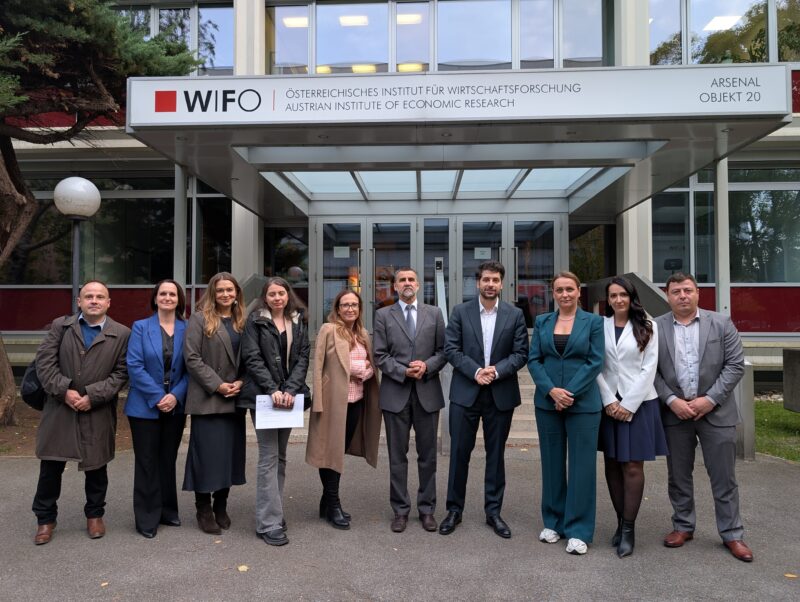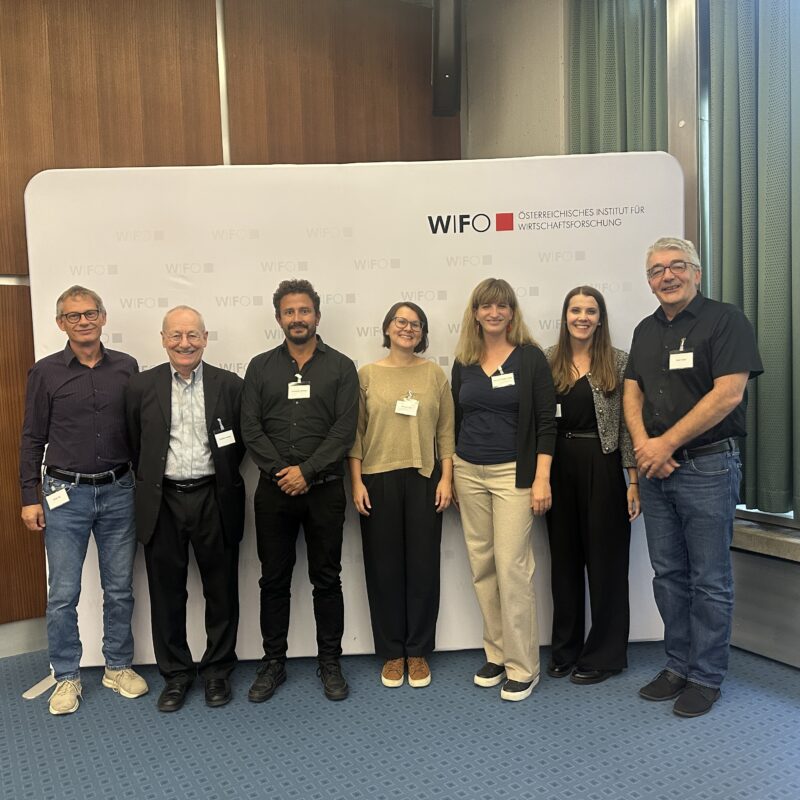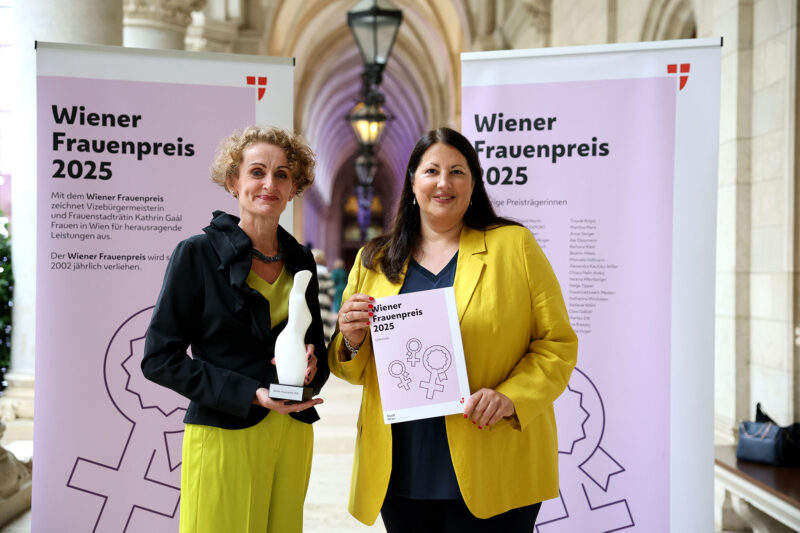
100 years of the Austrian economy
The Republic of Austria did not exist continuously for 100 years; it perished between 1938 and 1945. In contrast to the view of a historian who describes the events of 100 years of Austria in the First and Second Republic in chronological order and in great detail, Breuss in his new WIFO Working Paper only elaborates certain patterns from an economic point of view. These are, on the one hand, the characteristics of economic development after the two world wars in terms of inflation, unemployment, the state budget, monetary policy and the effects on economic growth. On the other hand, the effects of the various regime changes on economic sovereignty and thus on the economic development of the Austrian state are discussed. In the First Republic and at the beginning of the Second Republic there was rather a forced transfer of sovereignty (League of Nations dictate, annexation, occupation). Then full sovereignty followed with the State Treaty and neutrality. Later, in the course of gradual participation in European integration (EFTA, EEA, EU, EMU), there was a voluntary transfer of sovereignty in the hope of obtaining barrier-free access to a larger market in return. Finally, Breuss examines the benefits of EU membership and discusses whether Austria should better move into the future with or without the EU.
Publications
Please contact
























